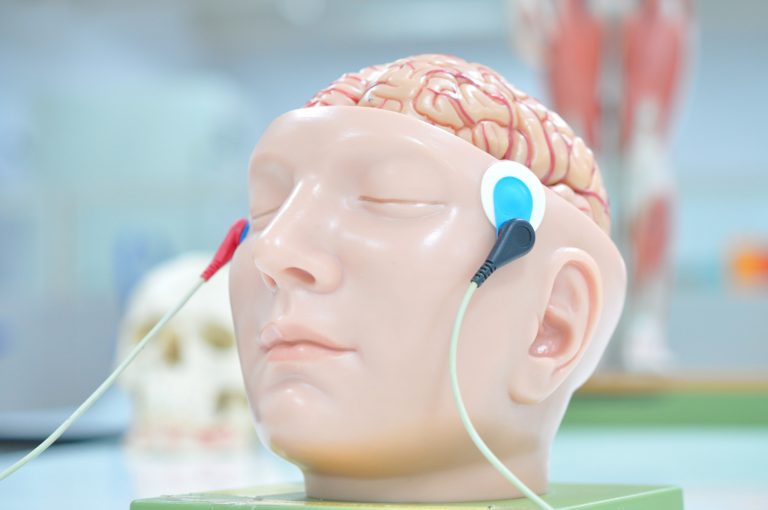
A professor the Kyushu Institute of Technology’s School of Engineering claims to have discovered a way to read your mind before a single word has been spoken.
Participants of the study were asked to recite words such as ‘goo’, ‘scissors’ and ‘par’, which were all found to exhibit very similar waveforms whether uttered or left unspoken. Then, a team of researchers led by the University’s Professor Yamazaki, used an electroencephalogram (EEG) to detect abnormalities related to electrical activity in the participants’ brains.

Neurons in the brain. Via Shutterstock.
Scientists found that if they were to analyse the waveform of the sound made by each letter of the Japanese alphabet and applied this to the way humans speak from the initial thought right up to actual utterance, they would soon be able to decode entire words and sentences without the need for a single word to physically be spoken.
The study used sample groups of a dozen men, women and children, comparing the brainwaves of each in the Broca’s area of the brain, which is located in the frontal lobe and is responsible for the production of language.
The groups were asked to recite the three words as cognitive activity was measured – including the activity produced immediately before the word was spoken. Scientists predicted the brains of each participant would emit a signal of ‘readiness potential’, already known to cause a change in the formation of brainwaves.

Active receptor. Via Shutterstock.
The EEG was then used to compare activity once the word is conscious in the mind, and found every word to emit the same signal of readiness potential up to two seconds before actually being spoken. It was also found that the brainwaves took almost the same wave form for each of the three words.
If the research continues to progress, findings could be valuable in future research into disability. Since this method can read speech just from signals in the brain, it could give those left unable to communicate the ability to express what’s on their mind.
This article originally appeared and was translated from Nishinippon.
Image via Shutterstock.
Liked this? Then you’ll love these…
Scientists from NYU advance on the causes of Autism
University scientists uncover new way of determining whether planets can harbour life







